Search Results for: Ants
Skip to resultsCan’t find what you’re looking for? Visit our FAQ page.
1,663 results for: Ants
-
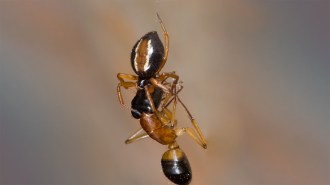 Animals
AnimalsThis spider literally flips for its food
The Australian ant-slayer spider’s acrobatics let it feast on insects twice its size, a new study shows,
By Freda Kreier -
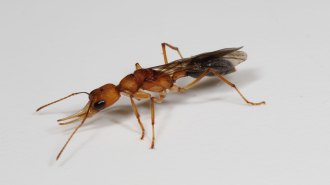 Animals
AnimalsA clever molecular trick extends the lives of these ant queens
Ant queens typically live much longer than their workers by blocking a key part of a molecular pathway implicated in aging, a new study suggests.
-
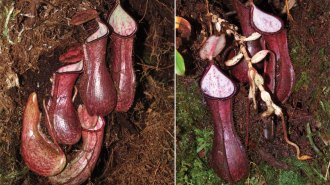 Plants
PlantsThis pitcher plant species sets its deathtraps underground
Scientists didn’t expect the carnivorous, eggplant-shaped pitchers to be sturdy enough to survive below the surface.
By Meghan Rosen -
 Neuroscience
NeuroscienceHow a scientist-artist transformed our view of the brain
The book ‘The Brain in Search of Itself’ chronicles the life of Santiago Ramón y Cajal, who discovered that the brain is made up of discrete cells.
-
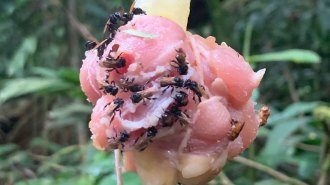 Animals
AnimalsGut bacteria let vulture bees eat rotting flesh without getting sick
Acid-producing bacteria in the gut of vulture bees let these “weirdos of the bee world” safely snack on animal carcasses.
-
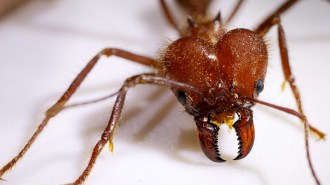 Animals
AnimalsHow metal-infused jaws give some ants an exceptionally sharp bite
Some small animals make cuts, tears and punctures that they couldn’t otherwise do using body parts reinforced with metals such as zinc and manganese.
By Jake Buehler -
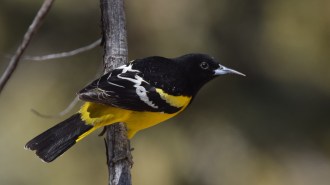 Science & Society
Science & SocietyRacism lurks in names given to plants and animals. That’s starting to change
Racist legacies linger in everyday lingo for birds, bugs and more. Some scientists see the chance to change that.
-
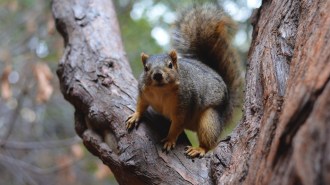 Animals
AnimalsSquirrels use parkour tricks when leaping from branch to branch
Squirrels navigate through trees by making rapid calculations to balance trade-offs between branch flexibility and the distance between tree limbs.
-
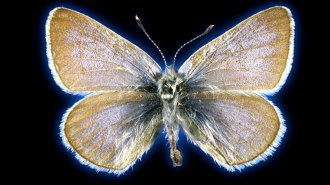 Animals
AnimalsThis butterfly is the first U.S. insect known to go extinct because of people
A 93-year-old Xerces blue specimen’s DNA shows that the butterfly is a distinct species, making it the first U.S. insect humans drove to extinction.
By Jake Buehler -
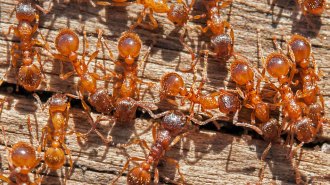 Life
LifeEuropean fire ant chemicals may send spiders scurrying away
Black widows and some other common spider species avoid spaces where fire ants once roamed, suggesting the insects could inspire a spider repellent.
-
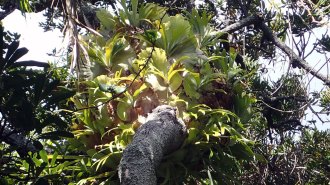 Plants
PlantsThese ferns may be the first plants known to share work like ants
Staghorn ferns grow in massive colonies where individual plants contribute different jobs. This may make them “eusocial,” like ants or termites.
By Jake Buehler -
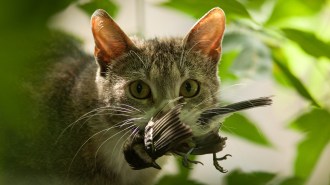 Life
LifeThese are the 5 costliest invasive species, causing billions in damages
Invasive species have cost the global economy at least $1 trillion since 1970 and $162.7 billion in 2017 alone. The annual cost is increasing.